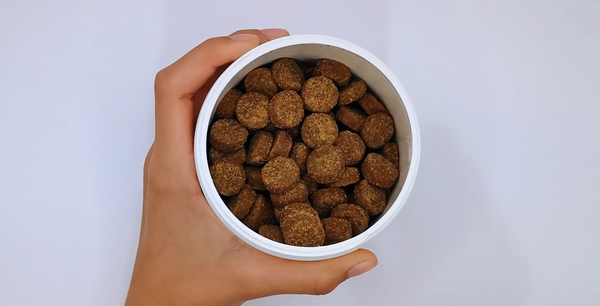
The Deerhound Dog
The Deerhound is one of the most decorative of dogs, impressively stately and picturesque wherever he is seen, whether it is amid the surroundings of the baronial hall, reclining luxuriously before the open hearth, out in the open straining at the leash, or gracefully bounding over the purple of his native hills. Grace and majesty are in his every movement and attitude, and even to the most prosaic mind there is something about the inseparable glamour of feudal romance and poetry that surrounds him.
From remote times, the Scottish nobles cherished their strains of Deerhound dogs, seeking glorious sport in the Highland forests. The red deer belonged by law to the kings of Scotland, and great drives, which often lasted for several days, were made to round up the herds into given neighborhoods for the pleasure of the court, as in the reign of Queen Mary. But the organized coursing of deer by courtiers ceased during the Stuart times, and was left in the hands of retainers, who thus replenished their chief's larder.
The main characteristics of the Deerhound dog should be as follows:
The head of the Deerhound should be broadest at the ears, tapering slightly to the eyes, with the muzzle tapering more decidedly to the nose. The muzzle should be pointed, but the teeth and lips level. The head should be long, the skull flat rather than round, with a very slight rise over the eyes, but with nothing approaching a stop. The skull should be coated with moderately long hair which is softer than the rest of the coat. The nose should be black (though in some blue-fawns the color is blue) and slightly aquiline. In the lighter-colored dogs a black muzzle is preferred. There should be a good moustache of rather silky hair, and a fair beard.
The ears should be set on high, and, in repose, folded back like the Greyhound's, though raised above the head in excitement without losing the fold, and even, in some cases, semi-erect. The ear should be soft, glossy, and like a mouse's coat to the touch, and the smaller it is the better. It should have no long coat or long fringe, but there is often a silky, silvery coat on the body of the ear and the tip. Whatever the general color, the ears should be black or dark-colored.
The neck should be long that is, of the length that befits the Greyhound character of the dog. The nape of the neck should be very prominent where the head is set on, and the throat should be clean-cut at the angle and prominent. The shoulders should be well sloped, the blades well back, with not too much width between them.
The stern of the animal should be tolerably long, tapering, and reaching to within 1-1/2 inches of the ground, and about 1-1/2 inches below the hocks. When the dog is still, the stern should drop perfectly straight down, or be curved. When in motion it should be curved when excited, and in no circumstances should it be lifted out of the line of the back. It should be well covered with hair, on the inside thick and wiry, underside longer.
The eyes should be dark: generally they are dark brown or hazel. The eye is moderately full with a soft look in repose, but a keen, far-away gaze when the dog is roused. The rims of the eyelids should be black.
Body: The body and general formation is that of a Greyhound of larger size and bone. The chest is deep rather than broad, but not too narrow and flat-sided. The loin well arched and drooping to the tail.
The legs of the Deerhound should be broad and flat, a good broad forearm and elbow being desirable. The fore-legs, of course, should be as straight as possible. Feet close and compact, with well-arched toes. The hind-quarters of this animal should be drooping and as broad and powerful as possible, with the hips being set wide apart. The hind-legs should be well bent at the stifle, with great length from the hip to the hock, which should be broad and flat.
The hair on the body, neck, and quarters should be harsh and wiry, and about 3 inches or 4 inches long; that on the head, breast, and belly is much softer. There should be a slight hairy fringe on the inside of the fore and hind-legs, but nothing approaching to the feathering of a Collie. The Deerhound should be a shaggy dog, but not over coated.
Color is much a matter of taste. But there is no doubt that the dark blue-grey is the most preferred. The darker and lighter grays, or brindles, come next with the darkest being generally preferred. Yellow and sandy-red or red-fawn, especially with black points i.e., ears and muzzle is also held in equal favor.
This dog’s height ranges from 28 inches to 30 inches, or even more if there is symmetry without coarseness, which, however, is rare. The height of bitches range from 26 inches and upwards. There is no objection to a bitch being larger, unless she is too coarse, as even at her greatest height she does not approach that of the male dog, and so could not be too big for work, as other over-large dogs may be.

